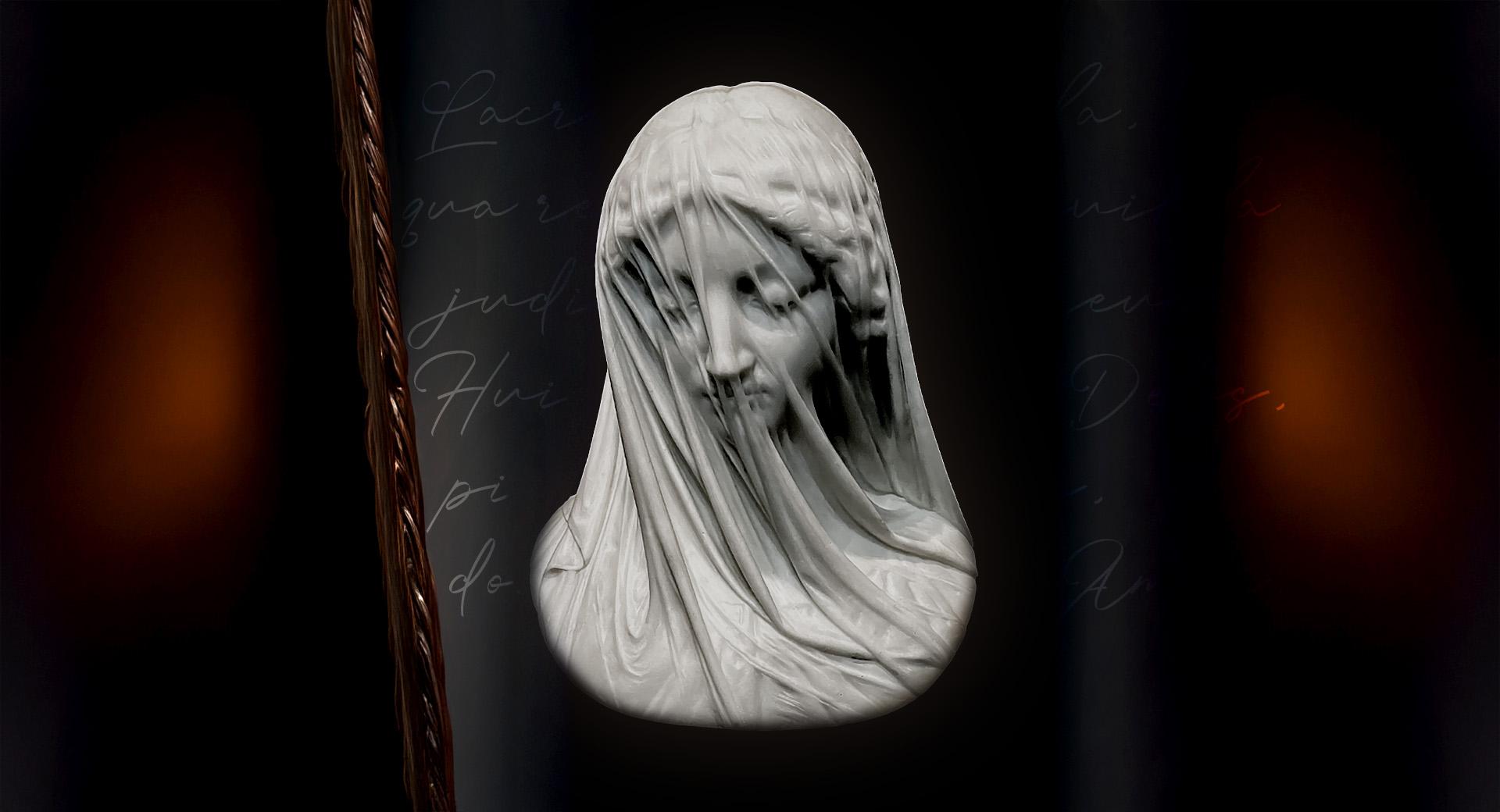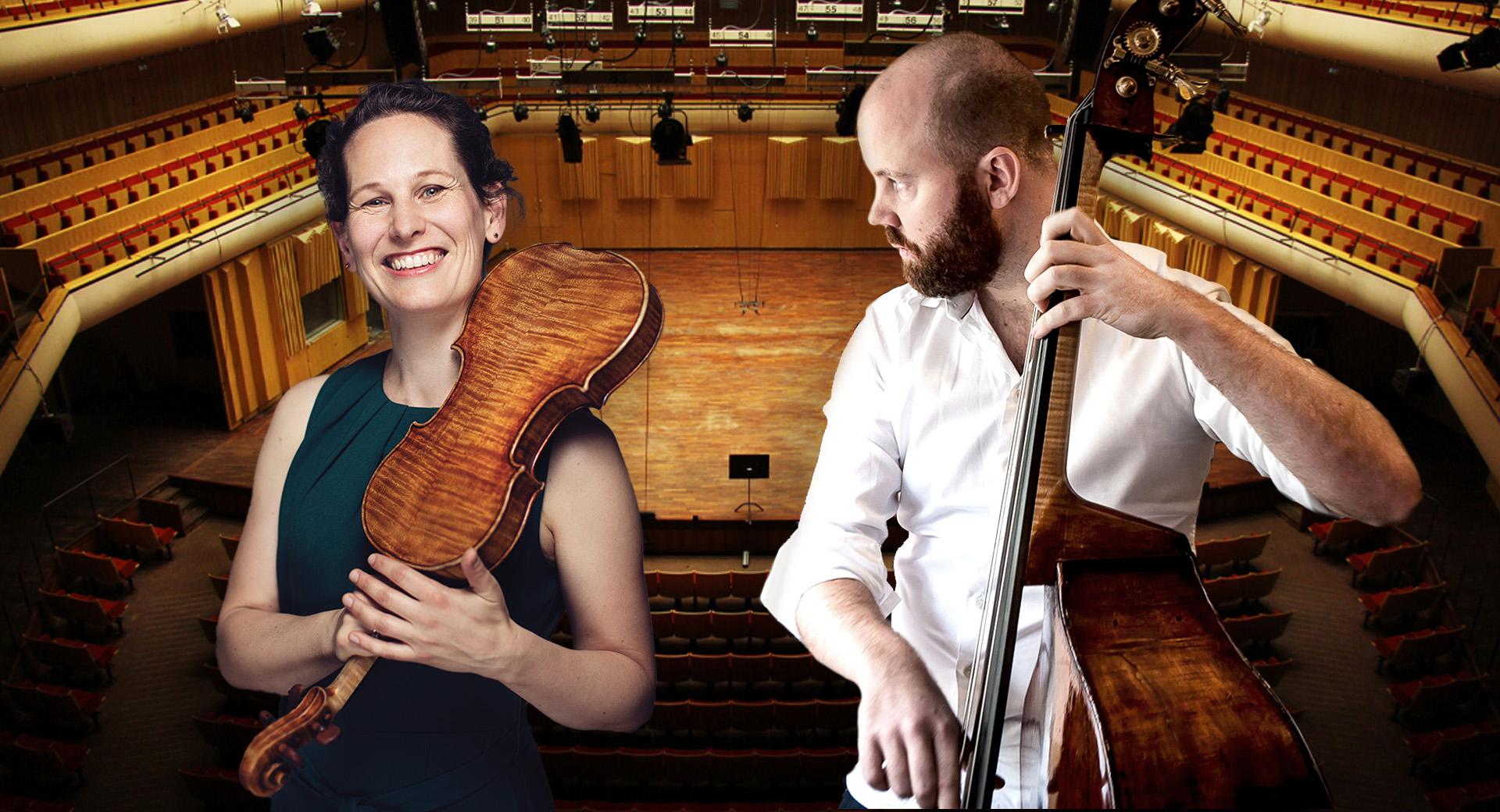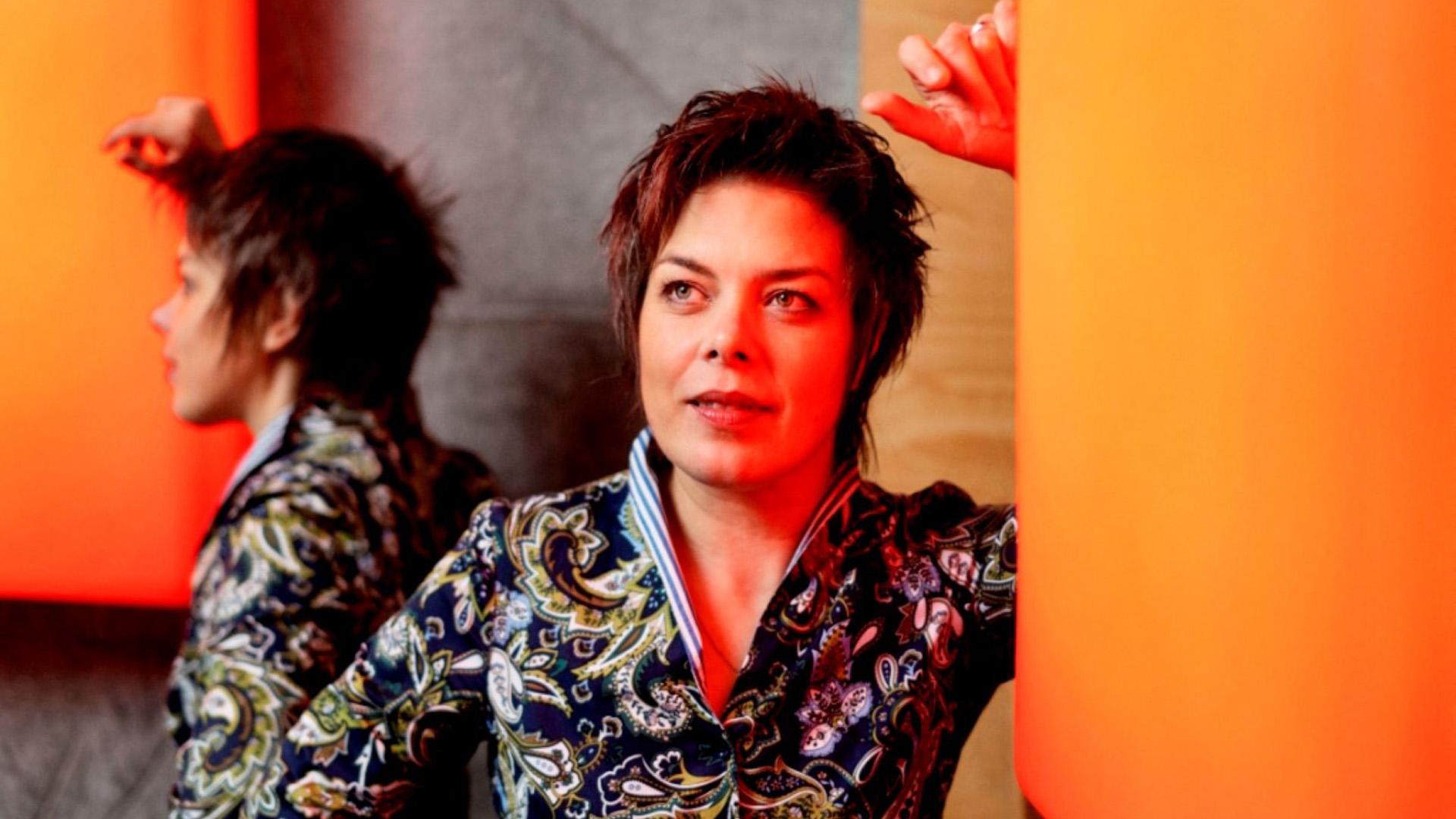Daniel Harding & Johan Dalene
In six movements, Richard Strauss’ symphonic poem for a large orchestra, Ein Heldenleben, recounts parts of a hero’s life. Chief conductor Daniel Harding leads the Swedish Radio Symphony Orchestra in this philosophical epic from 1898. The violin was almost considered a hero by the German composer Max Bruch; he found that it could “sing a melody better than a piano, and the melody is the soul of music.” He was close to many of the most prominent violinists of the 19th century, and he wrote nine works for the instrument; most famous is his first concert, Opus 26, in G-major from 1866. In tonight’s concert, the young Swedish-Norwegian shooting star Johan Dalene tackles Bruch’s opus.
This production is part of one or more concert series.

The German composer Max Bruch was something of a prodigy. He began composing music at the early age of nine, and a septet he wrote two years later showed early signs of his later musical style. Bruch was employed as music director to the court of Koblenz, and it was there he wrote his first violin concerto, which came to be his most famous work. Bruch was a close to and inspired by the most famous violinists of his time, among them were Joseph Joachim and Willy Hess, and he came to write no less than nine works for violin, three of them concertos. It was an instrument he considered superior when it came to ”singing a melody”. Bruch focused on melodies in his work. In his violin concerto this is especially prominent in the second movement adagio, which many describe as the heart of the work.
It was first performed by the violinist Otto von Königslow and conducted by Bruch himself in 1866. Bruch later made some major revisions in collaboration with Joseph Joachim; it is this version, from 1867, that is usually performed today. In tonight’s concert another prodigy, in the form of Swedish-Norwegian violinist Johan Dalene, takes up his bow in a concert that he, at the age of twenty-three, has already played all over the world.
Max Bruch was a much appreciated teacher of composition, but his work never enjoyed great popularity, partly on account of his outspoken aversion to the new German school, primarily represented by Richard Wagner and Franz Liszt.
Richard Strauss too was something of a prodigy, but contrary to Bruch he was a dedicated Wagnerian as well as successful during his lifetime. Strauss’ symphonic epic Ein Heldenleben from 1898 was a sequel to Don Quixote, which he completed in 1897.
Both poems deal with and humorously criticize heroes and antiheroes, but if the plot in Don Quixote was based on Cervantes’ novel about the errant knight and his sidekick Sancho Panza, Strauss modelled the hero in Ein Heldenleben on his own life and character. Many have interpreted it as an expression of Strauss’ artistic egoism, especially since he in the fifth section quotes his earlier tone poems. But there are also elements of Friedrich Nietzsche and the struggle between the individual and his outer and inner worlds. Strauss claimed that the work was about the masculine hero. Regardless of how you interpret it, the tone poem, Strauss’ last, is rather heroic in musical terms.
Text: Bodil Hasselgren


